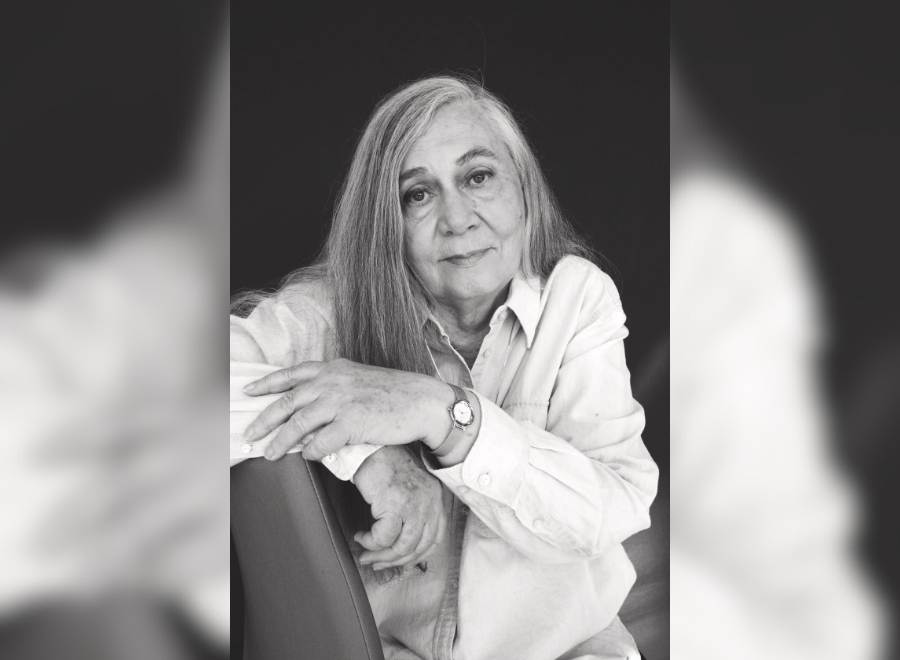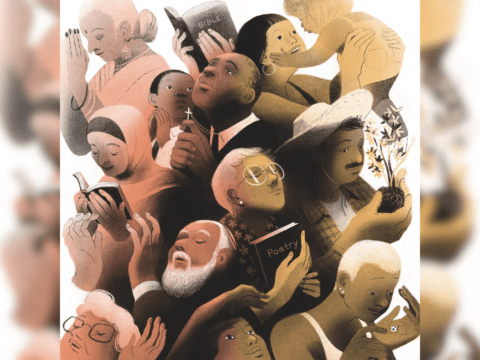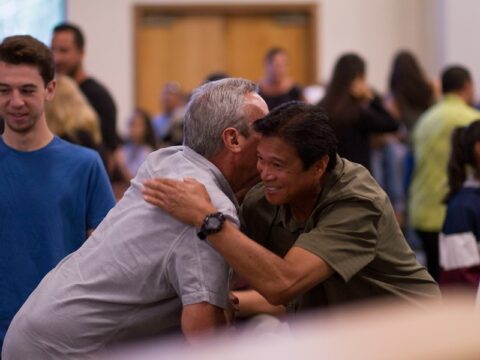When a bestselling novelist chooses to write about the book of Genesis, it is a publishing event. Marilynne Robinson, who won the Pulitzer Prize for fiction in 2005 for her novel Gilead, was inspired by the humanity behind the scripture. “When I think there was a day when a human hand first wrote those words, I am filled with awe,” she writes in Reading Genesis.
Robinson’s analysis is one of the most interesting and helpful commentaries on the Bible I have read. While not an academic work, it’s written with intellectual vigour.
You may unsubscribe from any of our newsletters at any time.
Take, for example, how her comparisons between the ancient Babylonian texts and Genesis turn conventional wisdom on its head. Scholars tend to identify the similarities the texts share, thus proving Genesis to be not only influenced by the Babylonian texts but derivative.
In contrast, Robinson shows how very different they are, and how their theological underpinnings are complete opposites. While Babylon’s gods are capricious and self-centred, the God of Genesis is different. “The very remarkable belief of these ancient Hebrews that God loved the world and values humankind persisted among them through every difficulty,” she writes.
More on Broadview:
- A tale of two lives: Danny Ramadan on writing while queer and brown
-
‘Dayspring’ reimagines the Christ story through a queer, pop-culture lens
God’s love for the world and us is a central argument of Robinson’s book, demonstrated time and again. And this to me is the sticking point. When I look at the text of Genesis itself, I am struck not just by God’s loving nature as a Creator, but by God’s massive overreactions. From both expelling and then cursing Adam and Eve, to destroying every form of life in the flood except those on the ark, we see not a loving God but one prone to extremes.
If we are created in the image of God, then at what point is the Creator accountable for that which they created, including the evil? This is where I wish Robinson acknowledged the shadow side of God in Genesis.
The narrative shifts when Robinson turns to the story of Abraham and his descendants, where God plays less of an all-encompassing role while still having a vital part in their lives. She points out that the writers of Genesis don’t create mythic heroes, but rather show highly fallible human beings doing some pretty awful things. God’s purpose still works through them, giving us all hope.
This book cannot be read without an appreciation for the depth of Robinson’s Christian faith. Her Protestant beliefs (she’s a churchgoing Congregationalist) echo throughout all of her writing. In Gilead, for example, the first of a four-book series, she muses the character of an elderly minister in rural Iowa to reflect upon the deepest questions we all face as human beings.
Robinson continues to explore those questions in Reading Genesis, connecting the ancient text to the anxieties of the current moment. It’s a period, she writes ruefully, when natural and social orders are fraying and the very idea of the sacred “has vanished like the atmosphere of a lifeless planet.”
This, ultimately, is why I believe she wrote Reading Genesis. It’s to assure and remind us that we are not alone in our chaotic and frightening times. Just as God accompanied the people in Genesis through their myriad crises, she suggests, so too is God with us now, still loving and caring for us.
***
Rev. Christopher White is a United Church minister in Hamilton.














If we are created in the image of God, then at what point is the Creator accountable for that which they created, including the evil?
Are you indicating that God created evil? I hope not.
Are you judging what the potter has made? Could any of us done better?
Are you indicating that none of us (through God’s mercy) have a free will?
I’m glad God is totally accountable for what He has made, it was perfect. Man messed up the pencil sketch.
I’m also glad He hasn’t used the rubber end of the pencil to correct it.